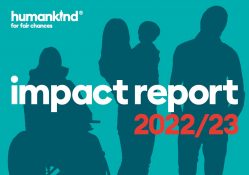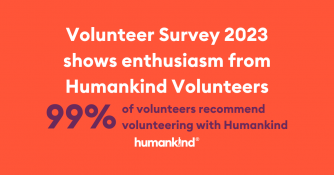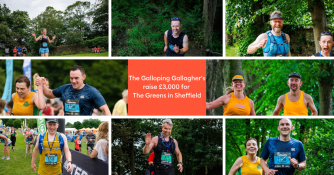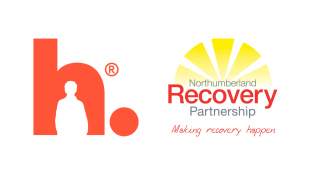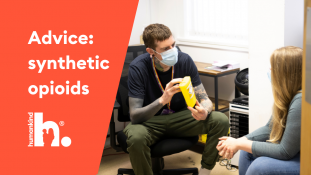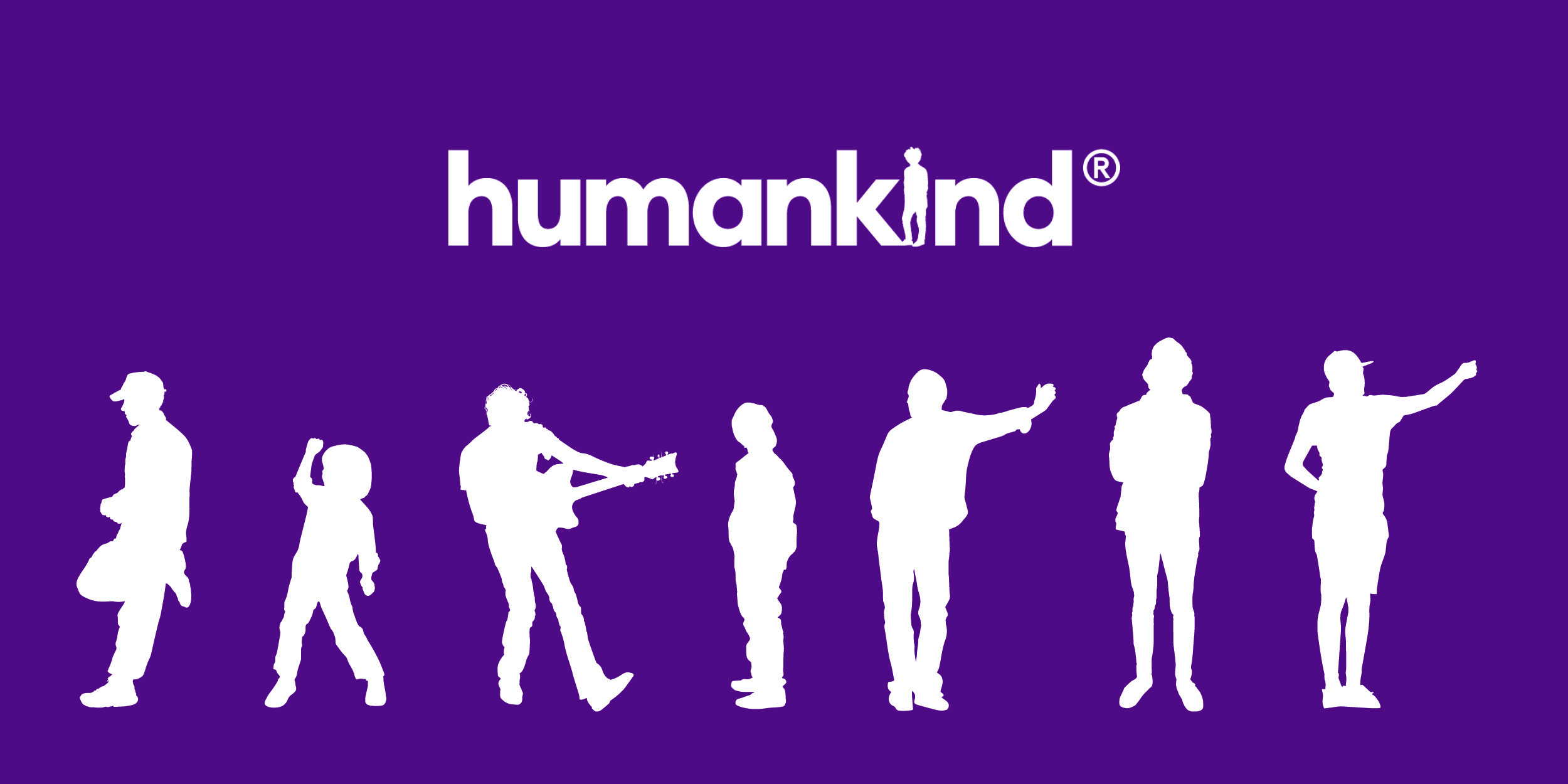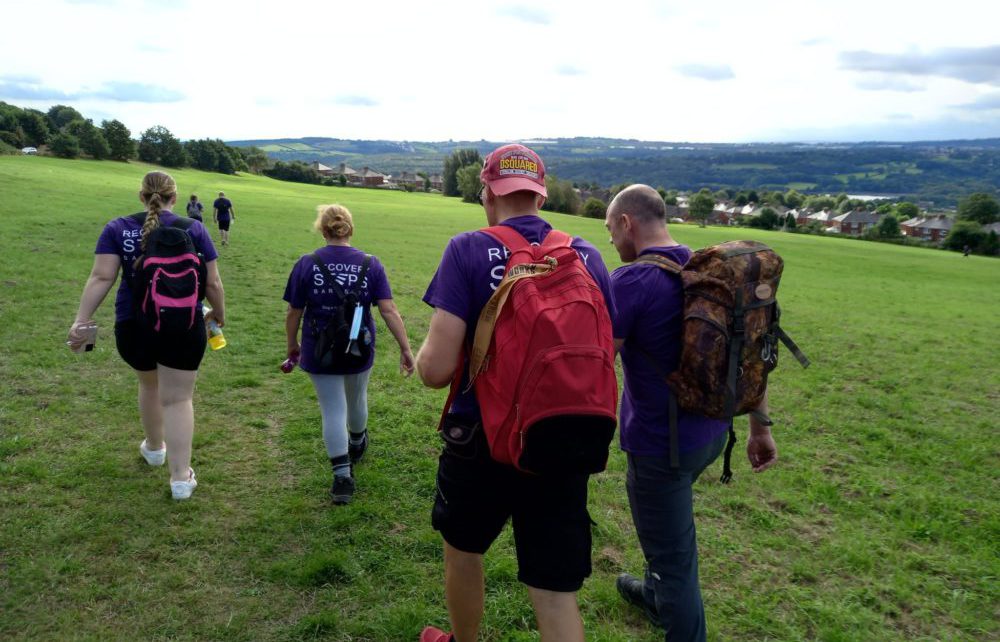
Humankind has been celebrating the successes of people recovering from addiction by holding events throughout September to mark Recovery Month.
Recovery Month is a national event that celebrates the achievements of people who have sought treatment for drug and alcohol use.
Staff, volunteers, and people who use our services have joined together at a range of events, including walks, bicycle rides, community litter picks, and step-challenges to recognise the achievements of close to 30,000 people who access our recovery services each year.

Speaking about the events, Humankind’s CEO, Paul Townsley, said:
“National Recovery Month is always a hugely significant time in our charity’s calendar, not only because we are able to celebrate the fantastic achievements of people who have accessed our services and thrived within them, but because those people have the opportunity to show others who may be struggling that recovery from substance misuse is both real and achievable.
“The collective effort from participants to amass over 1,000 miles in walks, bike rides, and many other events sends a strong message that we must end the stigma surrounding drug and alcohol issues, and instead celebrate those in recovery who are taking life-changing steps and aiming to maintain their sobriety.”
In total, our Recovery Month participants collectively travelled over 1186.9 miles, representing more than three times the distance from our head office in Durham to the location of our service furthest in the south, EDP in Devon.
As well as events to get active, Humankind’s services have also hosted graduations for those who have achieved sobriety and parties for those in recovery.
Forward Leeds, one of our drug and alcohol recovery services, hosted a recovery graduation at Elland Road with former Leeds United football player Jermaine Beckford and professional boxer Maxi Hughes presenting the ceremony.
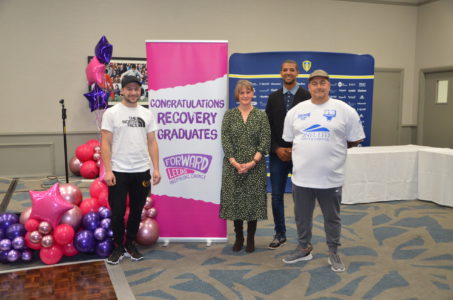
In Sheffield, The Greens Recovery Focused Accommodation hosted a garden party in recognition of the achievements of tenants such as Greg Goodwin, who in the space of a year went from being in intensive care as a result of alcoholism to going sober and taking part in a 170-mile bike ride.
Other events featured in Humankind’s Recovery Month calendar included:
- Barnsley Recovery Steps – 10-mile ramble
- Calderdale Recovery Steps – outreach event in Halifax Town Centre, with public speakers, bands, choirs, and stalls
- EDP Drug and Alcohol Services – Mount Everest Steps Challenge
- Forward Leeds – Waterfront Recovery Walk
- North Yorkshire Horizons – Yorkshire Three Peaks hike
- South Tyneside Adult Recovery Service – Recovery Walks
- Staffordshire Adult Recovery Service – Recovery Walks
- The Greens Recovery Focused Accommodation – 170-mile Way of the Roses bike ride
- The Greens Recovery Focused Accommodation – weekly community litter picks

